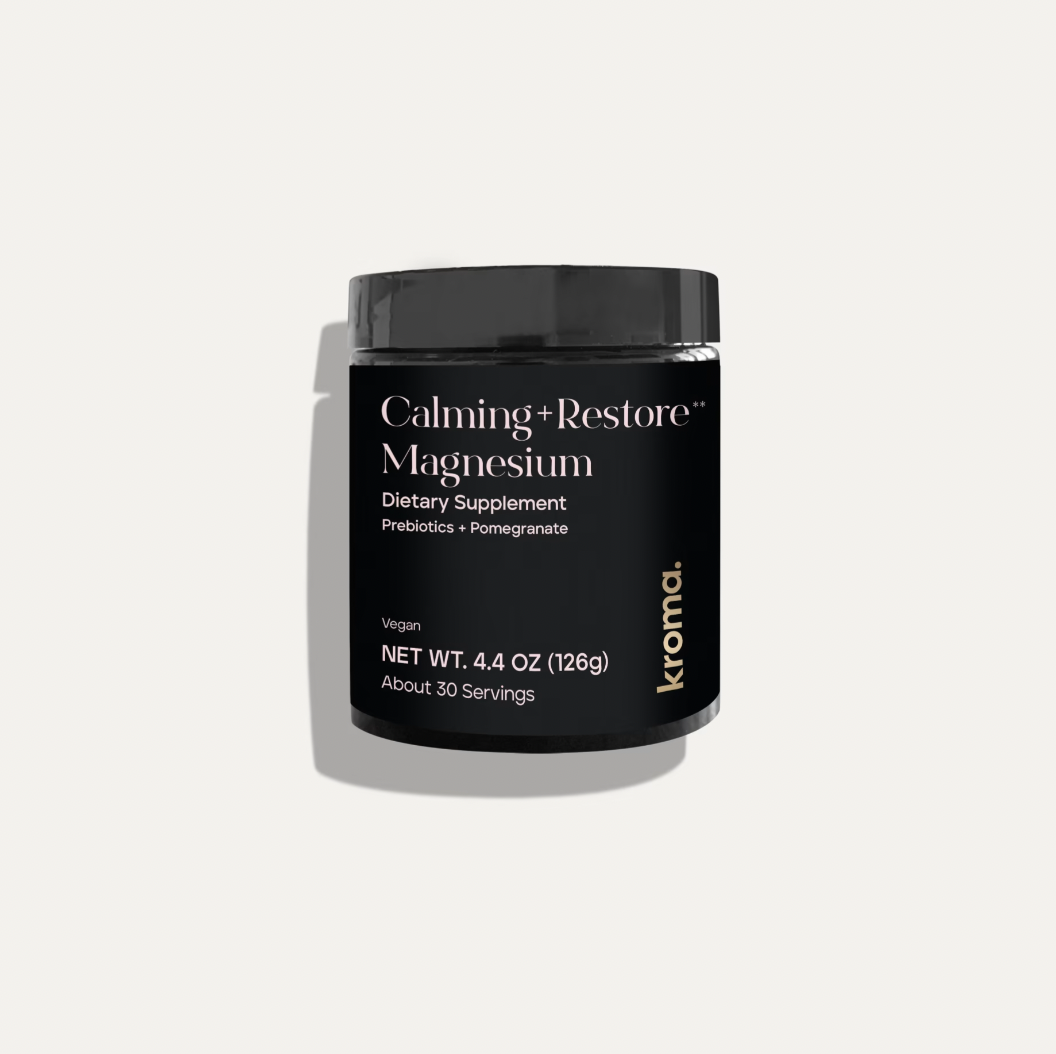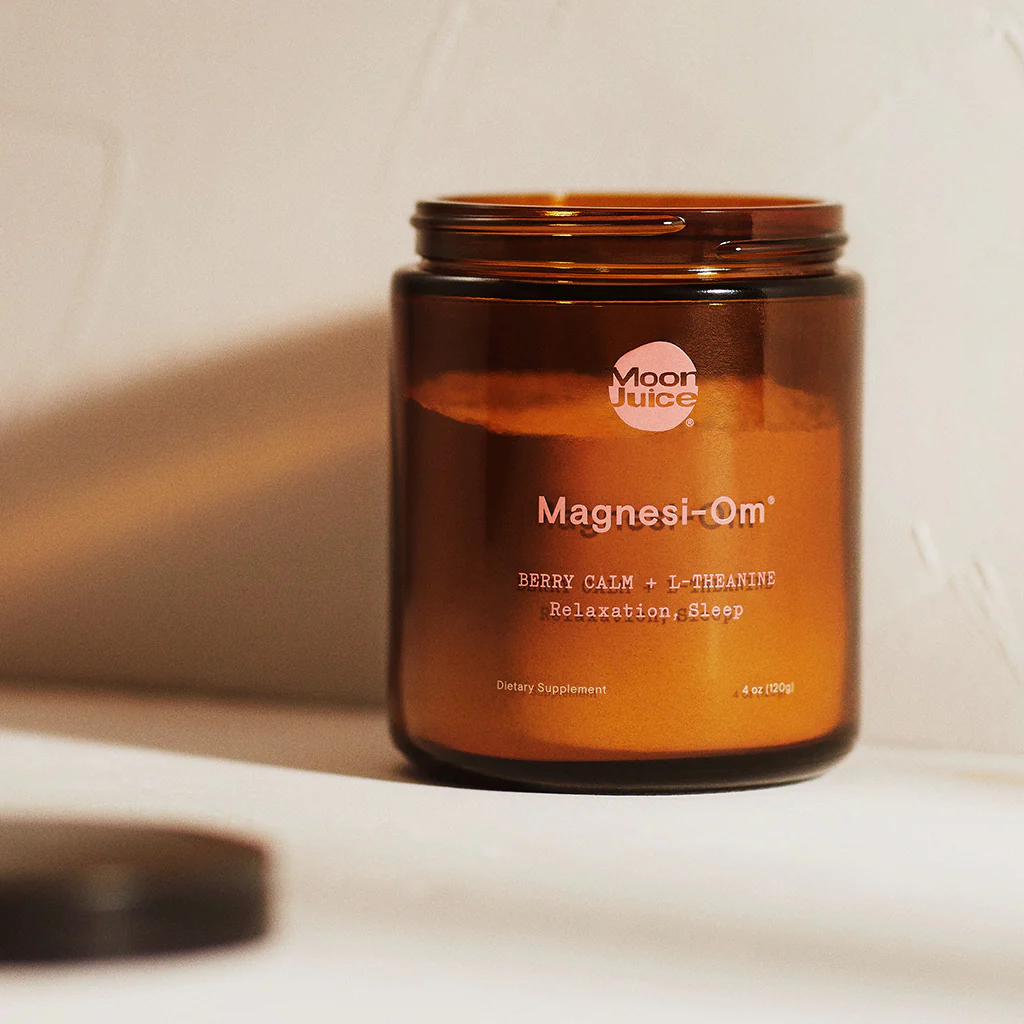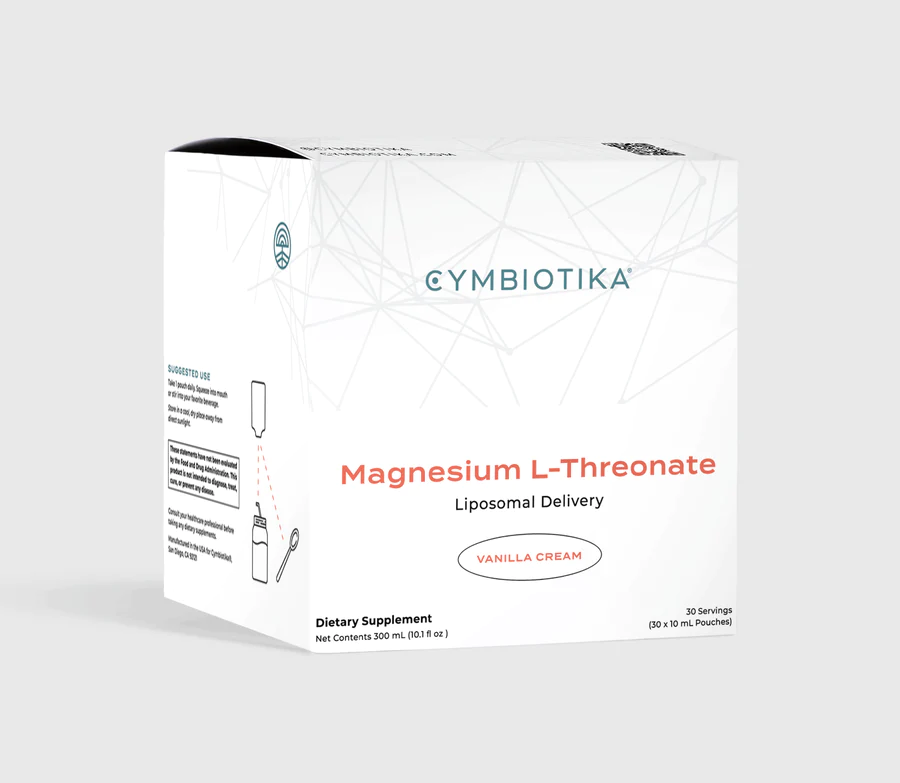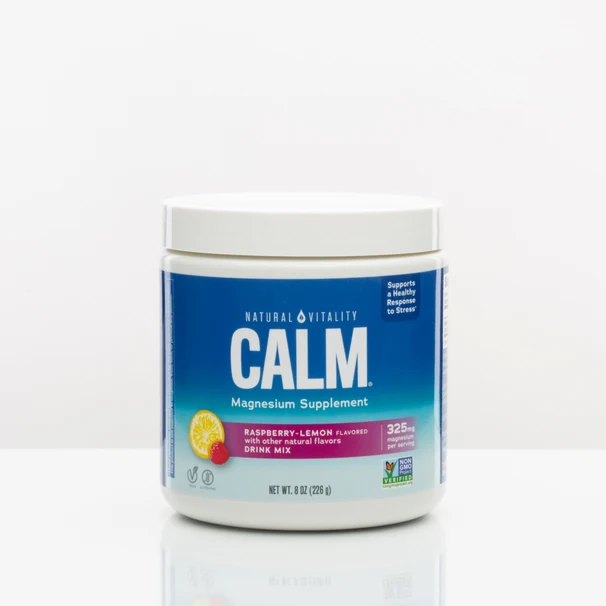If you suffer from migraines, you know how debilitating they are. Thanks to throbbing pain, nausea, and sensitivity to light, the simplest tasks become steep mountainsides. If you know you know. Although certain medications can provide relief, what if there was a more holistic way to heal migraines? Enter: magnesium. This powerful mineral has been shown to effectively reduce the frequency (and severity!) of migraines. *Bless.* In today’s article, we’re exploring the importance of magnesium and how you can use magnesium for migraines. Headaches, be gone.
Featured image by Riley Blanks Reed.
- What is magnesium?
- Why is magnesium important?
- Does the body make magnesium on its own?
- Magnesium Dosage—Recommended Daily Allowance
- Are you deficient in magnesium?
- How is magnesium deficiency linked to headaches?
- What form of magnesium is best for migraines?
- 10 Foods Rich In Magnesium
- Magnesium Supplements to Look For


What is magnesium?
You’ve heard of it, but let’s get the facts straight. Magnesium is a mineral. And it’s essential for your body to function. It’s one of the most abundant minerals in the body, involved in a variety of biochemical reactions. One of its main roles is to act as a cofactor—a helper molecule—in bodily reactions. A staggering statistic, magnesium is involved in more than 600 reactions in your body, including:
- Converting food into energy
- Creating new proteins from amino acids
- Helping create and repair DNA and RNA
- Aiding in muscle contraction and relaxation
- Regulating the nervous system

Why is magnesium important?
Because it’s involved in hundreds of chemical reactions, magnesium’s importance can’t be understated. Without it, the body can’t carry out various functions. Of its many superpowers, magnesium supports muscle and nerve function, energy production, and digestion. It keeps our heart rhythms steady, blood sugar levels balanced, and our joint cartilage healthy. Without it, our muscles can’t move the way they’re supposed to. Our nerves can’t send and receive messages. Our bodies can’t make protein, bones, and DNA. It also assists in maintaining electrolyte balance and calcium, sodium, and potassium homeostasis.

Does the body make magnesium on its own?
Nope! Our bodies don’t make magnesium on their own, which is why foods that are high in magnesium are so important. Magnesium is found in leafy green vegetables, nuts, seeds, and whole grains. It is also available as a dietary supplement in various forms, including magnesium oxide, magnesium citrate, and magnesium glycinate. More on this, below. A little-known fact: we store more than half of our magnesium in our bones (50-60%)! The remaining amount is stored in various tissues throughout the body.

Magnesium Dosage—Recommended Daily Allowance
Despite its importance, many people don’t get enough magnesium—which can lead to a range of health problems. Hello, migraines. That said, it’s not difficult to meet the recommended daily allowance (RDA) of magnesium—thanks to nourishing ingredients and supportive supplements. In terms of RDA of magnesium, females (older than 31) need 320 mg/day, and males over 31 need 420 mg/day. Pregnant and breastfeeding women require more magnesium, as with many common nutrients. Don’t let this “invisible deficiency” and “shortfall nutrient” impair your health!
Are you deficient in magnesium?
If you suffer from the following conditions, chat with your healthcare provider about magnesium. It’s worth making sure your levels are up to par. A few of the health problems associated with low levels of magnesium include: diabetes, chronic diarrhea, celiac disease, and migraines. These symptoms manifest as muscle twitches, cramps, and weakness, mental health conditions, osteoporosis, high blood pressure, asthma, and an irregular heartbeat. Thankfully, there are plenty of magnesium-rich foods to choose from, as well as potent supplements.

How is magnesium deficiency linked to headaches?
Research shows that magnesium deficiency is linked to headaches—including migraines. In part, this may be due to the mineral’s role in regulating the dilation and constriction of blood vessels in the brain. When magnesium levels are low, blood vessels may constrict too much, reducing blood flow and causing headaches. Additionally, magnesium deficiency can also lead to increased levels of inflammation in the body, which has been linked to migraine development. But good news! Supplementing with magnesium can significantly help.
While more research is needed to fully understand the relationship between magnesium and headaches, it is clear that adequate magnesium intake is an important aspect of preventing and treating migraines.
What form of magnesium is best for migraines?
Magnesium oxide. It’s frequently found in pill form, usually at a dose of 400-600 mg per day. If you suffer from headaches (particularly, migraines), it’s worth speaking to your doctor about a potential magnesium deficiency. They will order a magnesium blood test to check your levels. Levels that are too low are known as hypomagnesemia—aka, magnesium deficiency.

10 Foods Rich In Magnesium
Last but not least, eating a magnesium-rich diet can help prevent migraines. In general, you’ll find magnesium in leafy greens, nuts, seeds, dark chocolate, beans, and whole grains.
- Spinach
- Bananas
- Pumpkin seeds
- Black beans
- Edamame
- Almonds
- Cashews
- Avocado
- Brown rice
- Dark chocolate

Magnesium Supplements to Look For
While we will always recommend a whole foods diet first before looking to supplementation, there are several solid options that can help you fill in the gaps.
Every product is curated with care by our editors. If you buy something through our links, we may earn a small commission at no cost to you.
Kroma Wellness Calming + Restore Magnesium
Cymbiotika Magnesium L-Threonate
Natural Vitality CALM Magnesium Powder, Raspberry-Lemon Flavor











